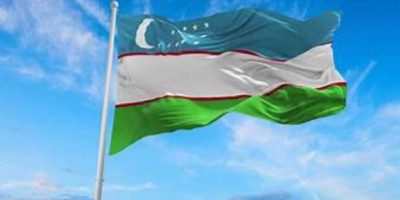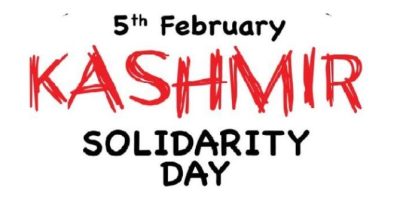Recognizing Palestine Marks New Era in Diplomacy

Dr. Muhammad Akram Zaheer
Ireland, Spain and Norway recently decided to recognize Palestinian statehood. This move could potentially help revive the idea of a two-state solution which is a long-supported international goal that Israeli Prime Minister Benjamin Netanyahu strongly opposes. Spain’s Prime Minister Pedro Sanchez clarified that this decision should not be seen as an action against Israel. Despite Netanyahu labeling it a “reward for terrorism” Sanchez views it as a step towards peace. Other European countries might follow suit adding to the over 140 nations that already recognize Palestinian statehood.
However, the situation remains complex and tense. Rafah, a city in the Gaza Strip is under the heavy attack despite international calls for restraint. This includes appeals from the International Court of Justice, the United States and the European Union. This makes it challenging to see these diplomatic recognitions as anything more than symbolic gestures, highlighting internal divisions within Europe and its struggle to apply coordinated pressure on Israel. The actions by Ireland, Spain and Norway might reflect growing frustration in Europe over stalled peace efforts and the Israeli government’s perceived stubbornness. Yet, without a unified European approach, these individual recognitions may not significantly change the situation. The ongoing violence in Rafah emphasizes the gap between diplomatic actions and on the ground realities. Even though more countries recognizing Palestinian statehood could be a symbolic win for Palestinians,it is uncertain if this will lead to real progress towards peace especially with strong opposition from key players like Israel and the United States.
For these recognitions to be effective, Europe needs to present a unified and strong front which is difficult given current geopolitical dynamics.The decision by Ireland, Spain and Norway was expected due to their national debates and growing public support for action supporting Palestine. Politically, this is notable because other European countries, such as Malta, Slovenia and Belgium have hesitated to take similar steps. Belgium has been vocal about Palestinian rights during its presidency of the Council of the European Unionhowever national elections and other factors have made it cautious. National election cycles and the upcoming election of a new European Parliament have influenced how European governments handle the sensitive Middle East issue, depending on their domestic politics and the views of their ruling parties.
The decisions by Ireland, Spain and Norway’s involvement (though not an EU member) are significant for breaking the EU’s diplomatic unity rather than for their legal impact. Most of the few EU members that recognized Palestinian statehood did so in 1988 before joining the EU and were mainly former Warsaw Pact countries. Before the recent declarations only Sweden had departed from the EU’s general stance on Palestine, doing so in 2014. The current Swedish government’s different stance compared to the previous one shows how volatile this issue can be. There is still no consistent, unified approach among all 27 EU member states that goes beyond national political cycles and short-term agendas. Even though there has been some agreement within the EU since the conflict started, reaching a comprehensive EU-wide consensus is still far off.
It would be too cynical to dismiss the entire EU diplomatic effort after the October 7, 2023, Hamas terrorist attack as futile. The EU High Representative JosepBorrell has worked hard to coordinate a common European position during critical moments of the conflict, sometimes with success. The Spanish and Belgian EU presidencies have tried to convince Israel that resuming peace talks is a key to defeating Hamas politically not just militarily. Despite Israel’s ongoing military campaign which has killed tens of thousands, EU leaders like Germany and France have become more critical of Israeli policy. French President Emmanuel Macron even said in February that recognizing Palestinian statehood is no longer a taboo for Paris.
However, the EU has not yet united around measures that would apply real pressure especially in trade and economic relations. The EU is the largest provider of aid to Palestinians and Israel’s biggest trade partner. Recently, sanctions were seriously discussed for the first time at an EU foreign ministers’ meeting but no agreement was reached. It’s important for the EU to stay involved in resolving the conflict by engaging with Arab countries, but its effectiveness is limited by internal differences and political cycles. With pro-Israel Hungary taking over the EU Council presidency in July, achieving a common and meaningful EU position will remain a challenge.
Related News

Investing in Tomorrow: How Uzbekistan is transforming tts youth into an engine of national progress
By: Adam Saud Future of any country lies in the destiny of its youth. ThereRead More

Kashmir Solidarity Day and an Unfulfilled Right
by Muhammad Mohsin Iqbal Conflicts among human societies are as old as civilisation itself. DifferencesRead More


Comments are Closed